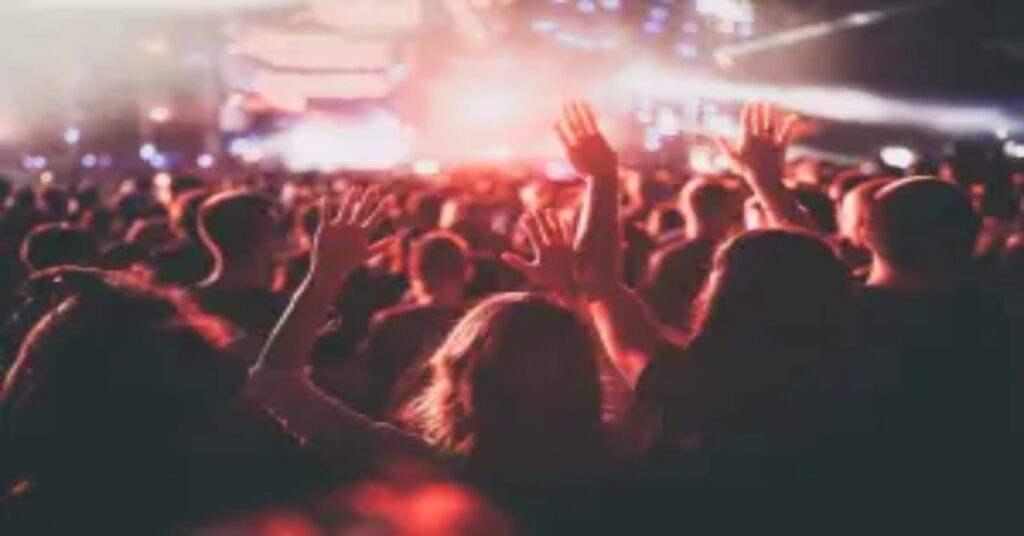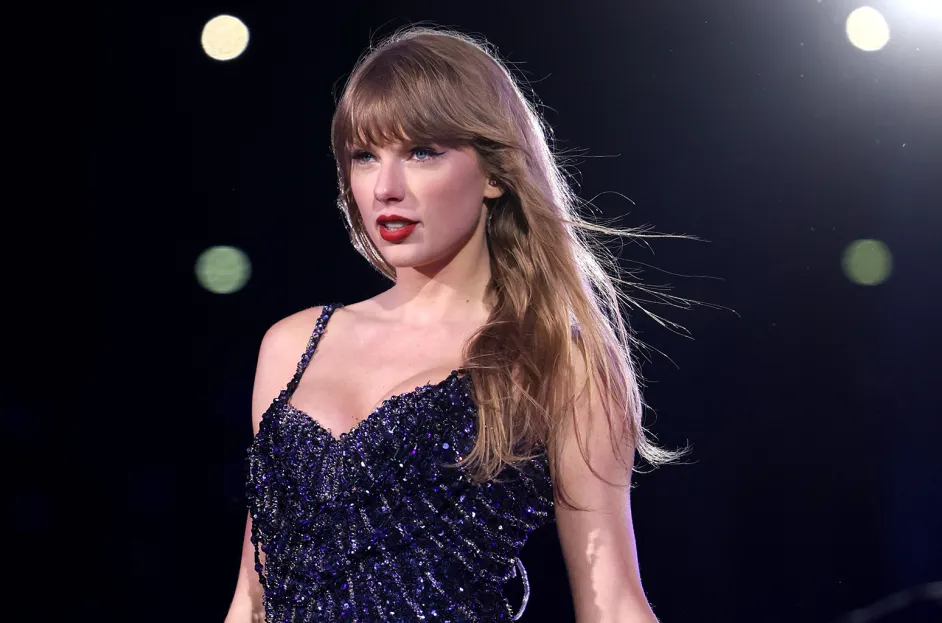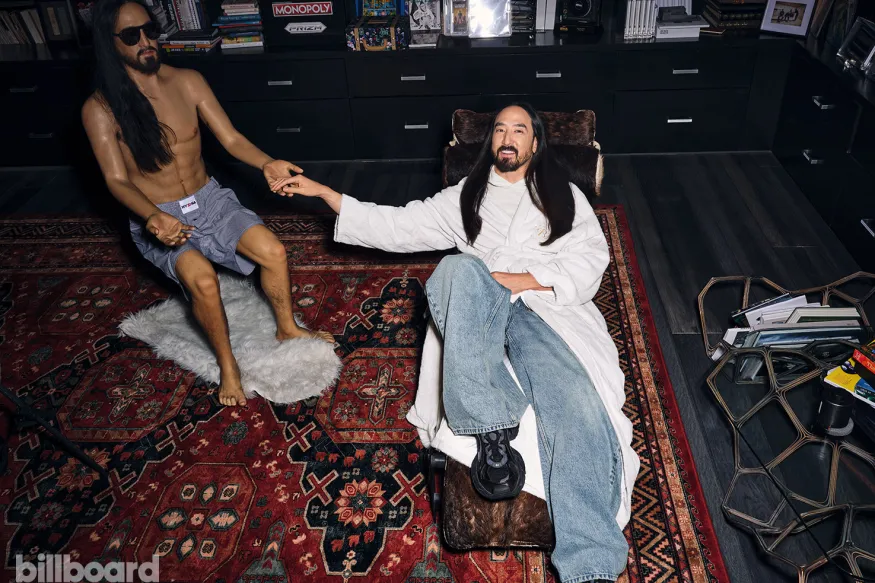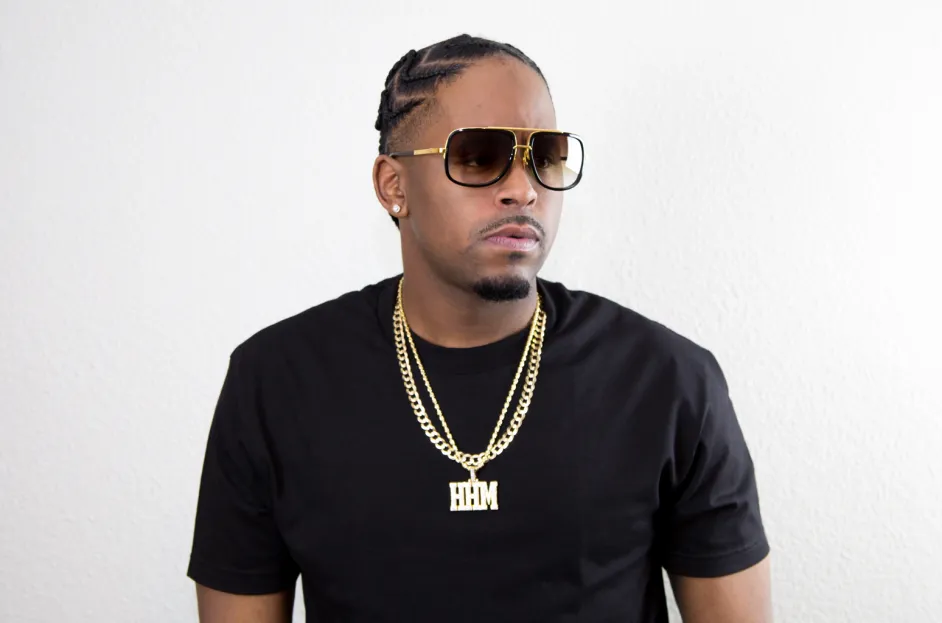From bringing a portable phone charger to studying the venue in advance, there are several ways concertgoers can remain vigilant.
— Charge your phone – and consider bringing a portable charger to festivals. “It makes a difference,” advises Nicholas Dawe, fire marshal for Cobb County, Ga., which encompasses Atlanta. “You need a phone to connect with your friends.”
— Use the buddy system. “Keep up with somebody. Watch each other’s backs,” Dawe says. “It’s easy to lose someone, especially nowadays. Four eyes is better than two.”
— Study the venue in advance. Track down a map and go over the sometimes detailed official safety precautions. “When I go to a venue, one of the first things I do is look at where my exits are, and possibly the secondary and maybe even a third exit,” says Howard Levinson, owner of Expert Security Consulting in Norton, Mass.
— Envision an escape route on-site. In an emergency, Levinson says, having a mental escape plan could save your life: “It might be smoke, it might be a situation [where] the lights are out. You picture what it would be like if you couldn’t see, if you had to go on your hands and knees and crawl out.”
— “If you see something, say something.” It’s a cliche, and you might feel uncomfortable eavesdropping and reporting suspicious strangers, but this is standard anti-terrorism advice for large events, posted prominently on official websites for Austin City Limits, Bonnaroo, the City of Chicago and elsewhere. “Telling your friends is not a good idea,” Dawe says. “Say something to security and police personnel.”
— Keep your faculties. It’s hard to avoid weed-smoking and beer-drinking at shows, but avoid getting so blotto that you can’t clear your head and figure out what’s going on during a crisis. “I know it’s not the coolest thing to say, but it does impact how you perceive the circumstance,” Dawe says. “Being alert is pretty much your best option.”
— In a pinch, look for a fire extinguisher. It can be a self-defense weapon. “If somebody is coming for you, before you lock yourself in a closet, an extinguisher could temporarily blind people to possibly allow yourself to escape and overtake them,” Levinson says.
— Flee. Steven Adelman, vice president of the Event Safety Alliance, a concert-industry group of promoters and security experts that puts out a free crowd-management guide, reels off a macabre list of tragedies, from Columbine to Sandy Hook to the Pulse nightclub in Orlando, Fla., and gives one word of advice: “Evacuate.” Then he adds: “Quickly.” Just as if there’s a lightning storm at an outdoor event. “We live in harm’s way — when we go to school or an entertainment event or a supermarket or a church,” he says. “What can people do? Be prepared to run.”
![]() Post Views: 2,023
Post Views: 2,023





